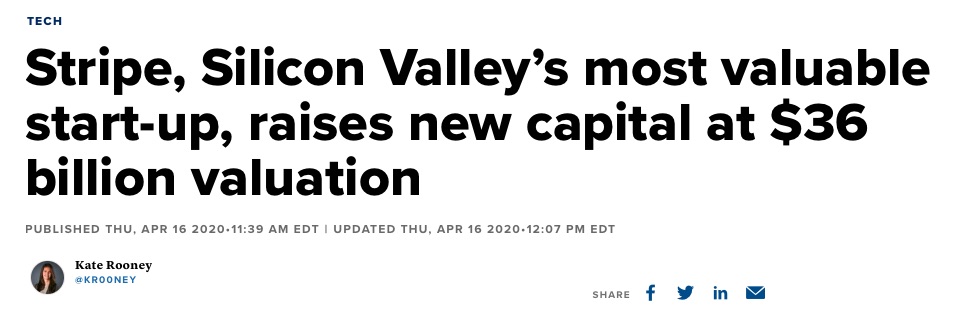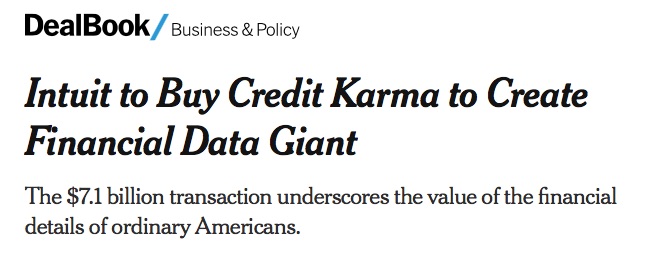
Two of the biggest stories of 2020 so far – the global public health crisis of COVID-19 and the worldwide resurgence in social justice activism – have had as much impact on the fintech industry as they have the rest of the world.
The mobilization of banks and fintechs to facilitate financing for small businesses, for example, or to offer discounts on their services for essential workers in other industries has been impressive.
And it has been heartening to see companies in the financial technology and services space join with corporations and entrepreneurs in other industries to express their commitment to fighting ethnic discrimination and actively encouraging diversity.
But behind the bright lights of these two, year-defining stories, there have been some pretty impressive fintech-specific headlines that are worth remembering as we dive into the second half of the year. With that in mind, here is our take on the biggest fintech stories from the first half of 2020.

The collapse of Wirecard early this summer was the first major negative headline for the fintech industry this year. What began as an inquiry into a missing $2.1 billion in cash has turned into a major scandal involving the arrest of former Wirecard CEO Markus Braun and talks that the company could become an attractive acquisition target thanks to its relationships with the major card companies.


With Visa’s acquisition of Plaid at the beginning of the year and Mastercard’s purchase of Finicity near 2020’s midway mark, card companies are putting their money where they believe the future of fintech lies: open banking and the leveraging of consumer-permissioned data.

If you had nCino on your bingo card of fintechs most likely to be among the first to go public this year, then you are a luckier soul than most. The news that the Wilmington, North Carolina, Bank Operating System provider is planning an IPO for later this year was a sign that some fintechs still see the public markets as an optimal way to raise capital.

The boost in e-commerce brought on by the COVID-19 pandemic was a major boon for digital payments company Stripe, which raised $600 million this spring, earning a valuation of $36 billion.

Starting as a student loan refinancing company and since expanding its portfolio to include loans, investment products, and debit cards, SoFi made yet another expansion to its product suite with its $1.2 billion acquisition of payments company Galileo.

From the outside, $7.1 billion might be a lot to pay for the ability to help younger consumers better understand and manage their credit. But Intuit’s decision to acquire Credit Karma in the first few months of 2020 may have been an early sign of the sort of consolidation that could await the fintech industry on the other side of COVID-19.

A $500 million Series D round has sent the valuation of U.K.-based fintech Revolut soaring to more than $5.5 billion. Led by Silicon Valley-based VC firm, TCV, the February investment set an optimistic tone for Q1 VC fintech funding before the reality check of the coronavirus set in.

In acquiring Radius Bank for $185 million early this year, P2P lending pioneer LendingClub became the first U.S. fintech to acquire a licensed bank. Boston, Massachusetts-based Radius Bank is an online bank with $1.4 billion in assets.

By mid-year, the rise of the retail trader a la Robinhood and Dave “Stoolpresidente” Portnoy may have become a bit of a cliche. But that only makes Morgan Stanley’s $13 billion acquisition of ETrade – announced back in February – that much more of a prescient move to diversify its online and self-directed customer base beyond the ultra-rich.
